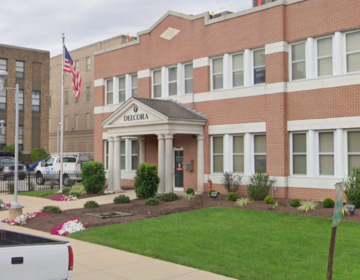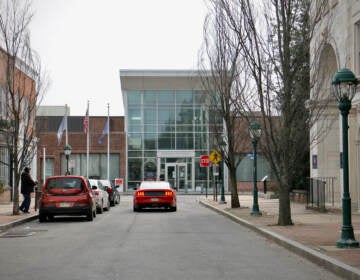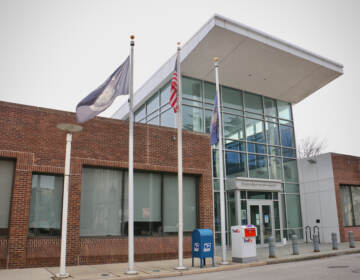Civil rights on hold? Chester’s bankruptcy freezes all litigation against the city
Chester’s bankruptcy filing has not only halted cases — people with judgments and settlements against the city will likely be left with just pennies on the dollar.
Listen 4:16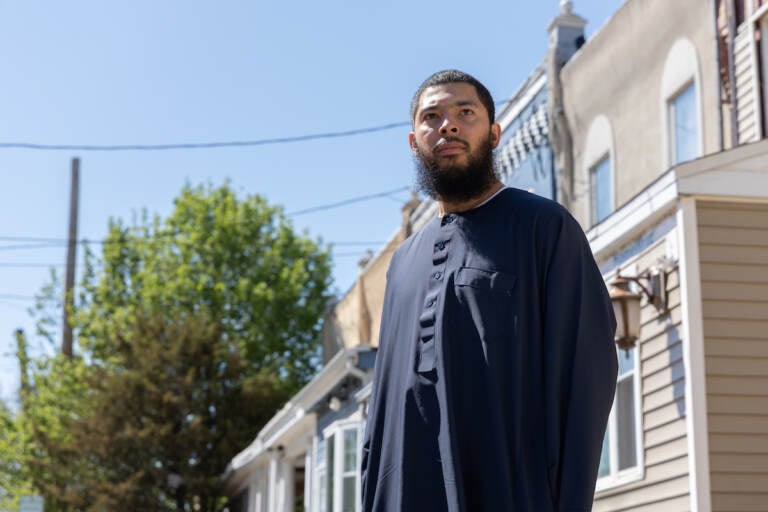
Anthony Freeman is a lifelong resident of Chester, Pa. He is suing the city’s police department for wrongful arrest and use of excessive force. (Kimberly Paynter/WHYY)
Got a question about life in Philly’s suburbs? Our suburban reporters want to hear from you! Ask us a question or send an idea for a story you think we should cover.
Content warning: This story contains a graphic video of an arrest.
Anthony Freeman, 35, has lived in the city of Chester his entire life. He lives across the street from his home where he was raised. Despite the insurmountable financial hurdles facing Chester, Freeman said it’s still a “pretty good city.”
However, Freeman has had an issue with a beat cop who he said regularly patrols his section of the neighborhood.
“When he comes on, it’s like he comes around here and he’s looking for trouble, and we don’t ever give him trouble. He doesn’t get calls from us,” Freeman said.
On August 31, 2021, the situation escalated. According to the legal complaint filed in the United States District Court for the Eastern District of Pennsylvania, Freeman was sitting on his porch when he spotted a Chester police officer allegedly “appearing to plant a bag of marijuana in the wheel well” of a parked car.
Freeman and another man on the block began recording the officer. The officer confronted the other man and arrested him. The complaint said the officer then “illegally grabbed Freeman, put Freeman in an illegal chokehold, slammed him to the ground then illegally arrested Freeman” along with another unknown officer. A bystander captured the arrests on video.
An attorney representing the police officers would not comment on the case. The Chester Police Department did not respond to requests for comment.
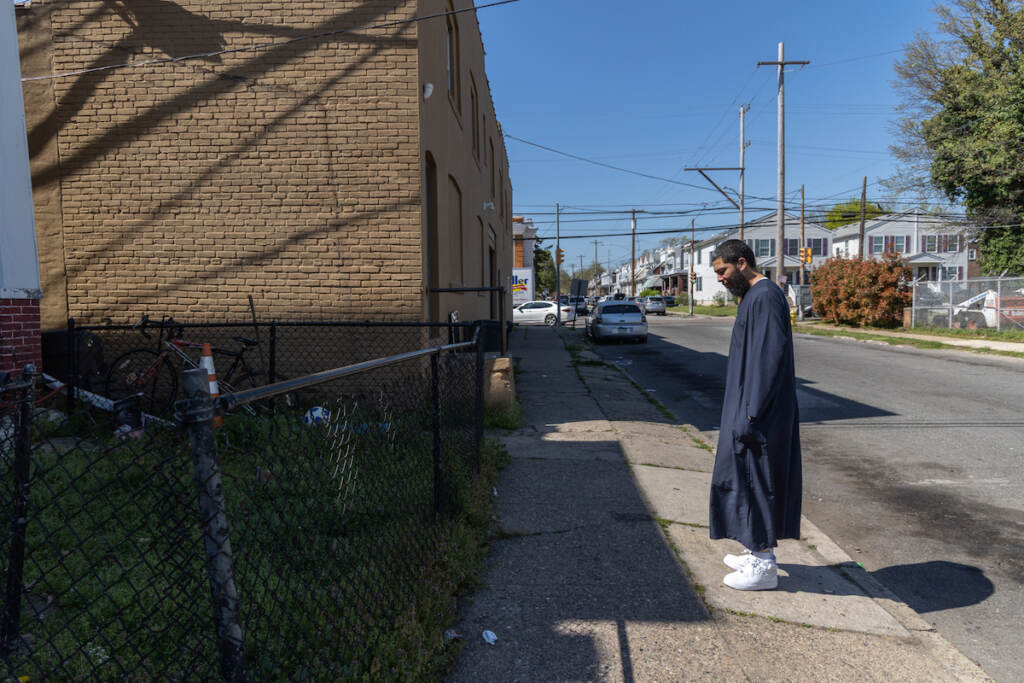
Freeman said he received injuries that landed him in the hospital, but not before being processed at a police station. All charges against Freeman were eventually dropped. His civil rights lawsuit against the officers accuses them of excessive force, false detention, false imprisonment, and malicious prosecution, among other violations.
Since then, Freeman said that he has had additional run-ins with the officer that have made him “afraid.” He felt the lawsuit was a way to both get remedy from the city and provide a layer of protection for himself.
But on November 17, 2022, a federal court put Freeman’s case on pause. And he’s not alone.
Freeman’s first question for his lawyer: “Is this even legal?”
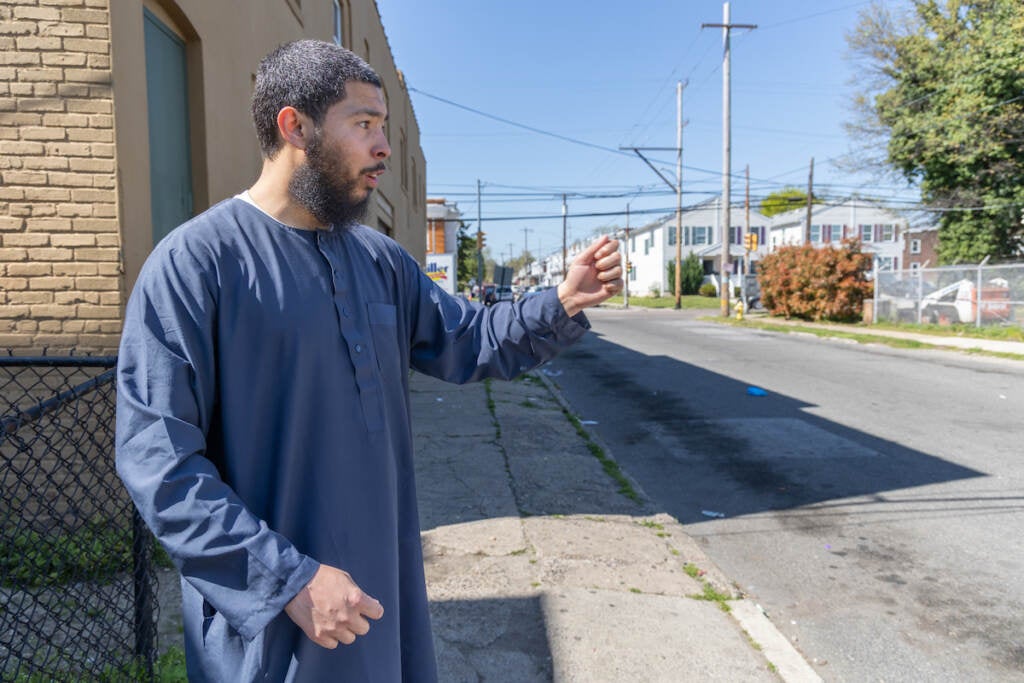
Bankruptcy’s unintended consequence on civil rights
An unintended consequence of the city of Chester’s bankruptcy filing has left Joe Oxman’s caseload frozen solid.
The United States Bankruptcy Court in the Eastern District of Pennsylvania has halted all civil litigation — including civil rights and police misconduct cases — against Chester.
Oxman, who represents Freeman, is a personal injury attorney with a specialization in civil rights law. The bankruptcy court has stayed six of his cases against Chester, meaning his clients will have to wait in order to get any remedy from the judicial system, but that’s not all.
“The problem is that first, from the bankruptcy perspective, anybody who brings a case against the city is now going to be deemed a creditor, just like any other business that may have unpaid envoys against the city,” Oxman, an adjunct professor at Rutgers Law School, said.
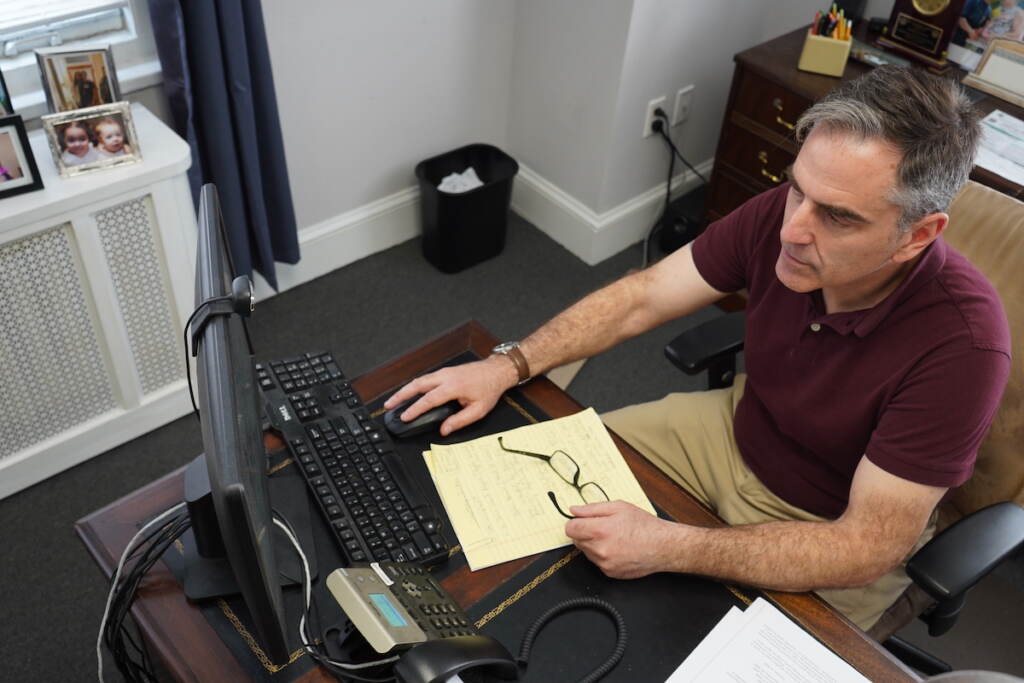
Like bondholders and pensioners, these claimants are unsecured creditors. Therefore, they have minimal legal rights to recoup their money from the cash-strapped city. However, civil litigants are often excluded from bankruptcy negotiations.
Chester is facing dozens of litigation claims combined between the Eastern District of Pennsylvania and the Delaware County Court of Common Pleas. Tobey Daluz, an attorney representing the city’s state-appointed receiver, said in a written statement that “a small portion of which were civil rights actions.” All are on hold, awaiting a greenlight from the bankruptcy court.
“Other litigation claims include those commonly asserted against municipalities such as personal injury, property damage claims and employment matters, among others. The City intends to address all litigation claims under a plan of adjustment to be submitted to the Bankruptcy Court consistent with the requirements of the United States Bankruptcy Code,” Daluz said.
Any violation that happened after the city’s November bankruptcy filing is not stayed, but any judgment would be subject to becoming a creditor.
“That means the bankruptcy court could decide to unilaterally reduce any settlement or any jury verdict by as much as 75 to 85%,” Oxman said.
And with receiver Michael Doweary weighing the possibility of disincorporating the city altogether, the figure could ultimately be zero. In a statement to WHYY News, Vijay Kapoor, chief of staff to the receiver, said “under bankruptcy, a debtor cannot favor certain creditors over others.”
‘Those plaintiffs may end up with nothing’: City can’t afford high deductible
Oxman has been litigating civil rights cases in Chester for more than 15 years.
He primarily takes on cases involving police misconduct. Oxman, a former solicitor of Chester’s stormwater authority, said Chester has an unusually high insurance deductible for police abuse cases.
“What could happen is that the city might additionally be able to get out of paying anything because their insurance deductible is $100,000, which they would be unable to pay. So it’s sort of a unique situation where someone who has had a legitimate police misconduct, civil rights claim, who the city either settled with or if that claimant went to a jury trial and got a jury verdict in their favor, those plaintiffs may end up with nothing,” Oxman said.
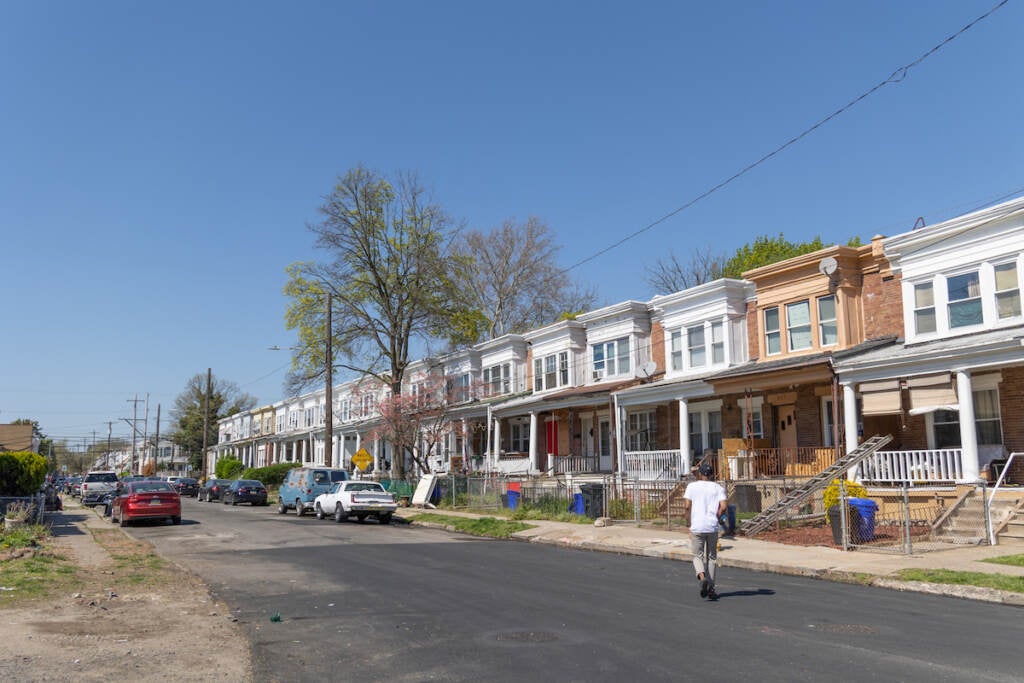
In effect, some folks will become victims of the city’s wrongdoings and mismanagement two times over. But, this isn’t an entirely new issue.
When Detroit filed for bankruptcy in 2013, more than 500 lawsuits against the city came to halt. Al Jazeera America found these “forgotten creditors” became victims of Detroit’s bankruptcy.
And without a formal seat at the negotiation table, those unlucky creditors were faced with an 80% cut in their legal claims.
“Ultimately, the city has a lot of power to be able to propose a restructuring plan. And what that means is both that they’re going to be working on their operational problems, but also trying to reduce their debt,” said Melissa Jacoby, a law professor at the University of North Carolina at Chapel Hill. “And they’re going to propose a plan that reduces the amount that they owe and changes how long it takes to pay it back. And while creditors will have the right to vote on the plan, how much their vote counts depends very much on how it’s grouped.”
Jacoby said once upon a time, municipal bankruptcy was only supposed to affect people who voluntarily loaned money to a city. But those days are long gone.
Bankruptcy’s impact on police brutality cases
Jacoby co-authored a research paper titled “Who Pays for Police Misconduct in Bankrupt Cities?” back in 2016. The piece examined other cities like Detroit and how bankruptcy presented a unique set of challenges for civil rights plaintiffs.
Even without bankruptcy, Jacoby said plaintiffs have a narrow avenue for seeking remedy following police abuse.
She said bankruptcy has provided municipalities with a loophole to protect itself from litigation.
“The Supreme Court and Congress didn’t realize or didn’t think about the fact that bankruptcy would present yet another hurdle, because bankruptcy law so broadly defines what a debt and a claim are. And because civil rights law too often only lets people ask for money, people who have been harmed by the police end up side by side with people who have or are owed money because they repaired a fence or because they intentionally loaned money,” Jacoby said.
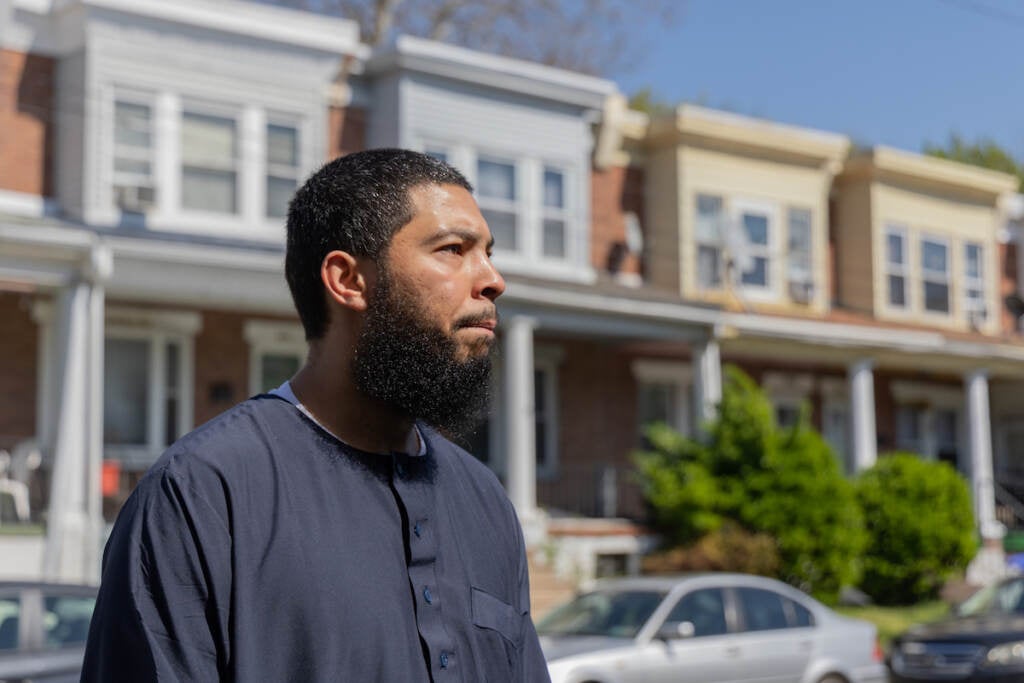
Jacoby said in the case of San Bernardino, California, police brutality victims were promised just one cent on the dollar in the restructuring plan. On top of that, the individual officers who were accused of independently violating civil rights law also got a layer of protection from that bankruptcy.
“Even in Detroit that promised people they were going to pay them in bonds or notes that are basically financial obligations that were supposed to be worth $0.10 to $0.13 on the dollar. A couple of years after the bankruptcy, they hadn’t seen a cent. And the value of those notes, according to the city, was down to maybe 3 to 4%,” Jacoby said.
According to Jacoby, people in Detroit also needed a brokerage account just to access the small portion of their payments that they were owed.
She said these cases do not show respect for the fundamental civil rights of residents who are living there, and send a message that is exactly opposite from what the country needs right now.
Oxman said it is devastating for his clients, even the ones for whom he has not formally filed cases.
“I have at least a half dozen of those. The question is, do I even move forward with them if I know there’s no way I will be able to collect a claim for my client,” Oxman said.
But one of the more remarkable things about a municipal bankruptcy is that it doesn’t matter if someone has already filed an actual lawsuit or not.
“The question is when the claim arose, when the harm was, and when did that happen? And so if someone was harmed before or during the bankruptcy, if that’s when the alleged police brutality or other civil rights violations or other personal injury has happened, they’re going to be considered a creditor in this case, whether they file a lawsuit or not,” Jacoby said.
Attorneys might steer away from Chester clients ‘if there isn’t any money to collect’
In any personal injury case, whether it’s police misconduct, a motor vehicle accident, or even a medical malpractice case, attorneys for the plaintiff take these cases on a contingent fee basis.
According to Oxman, a vast majority of clients could never afford to pay an hourly rate for attorneys to represent them.
“So what we do is we take it on a contingent fee basis, which means that if I should get a settlement of the case or if the trial goes to a jury and there’s a verdict in our place, we take a percentage of that as payment for our fees,” Oxman said.
Attorneys can spend big money on cases on things such as taking depositions and hiring expert witnesses. If they can’t get their clients a settlement or a favorable jury verdict, the attorney usually eats the costs.
“If there isn’t any money to collect, unfortunately — plaintiffs’ attorneys like myself — we’ll have to decide not to take those cases,” Oxman said.
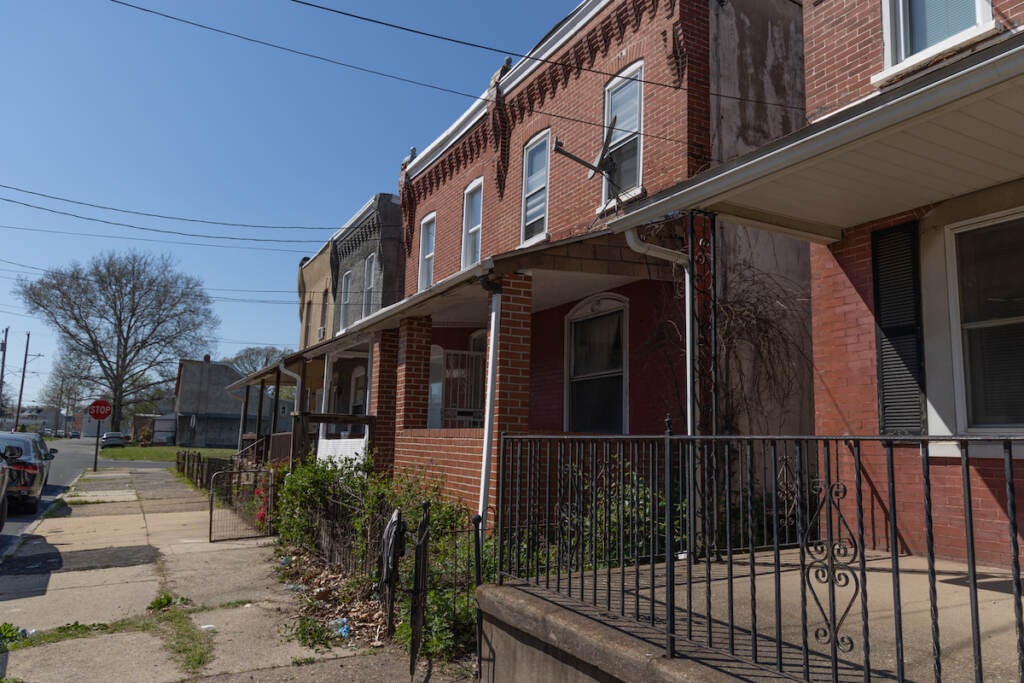
‘Is no one watching the henhouse?’ Chester has no police oversight, despite years of lawsuits
Since 2008, Oxman said he’s won at least $1 million in judgments and settlements for his clients from Chester. He said most of those cases have focused on the same handful of officers.
To his knowledge, none of the officers repeatedly implicated for wrongdoing have ever been reprimanded. There is also no independent or citizen review board holding Chester police accountable, Oxman said.
“The vast majority of my cases have settled, which tells you one of two things. One, if they’re settling, does the police department have an understanding that those officers that I’ve sued were vulnerable to a jury and being found guilty of some sort of misconduct? And two, is no one watching the henhouse? That these officers can repeatedly commit acts of misconduct without any repercussion. I think it’s both. It’s appalling,” Oxman said.
Oxman believes there’s a correlation between the city’s bankruptcy and the lack of police oversight.
He said “incompetent management” stemming from Chester’s history with political patronage has drained city officials of any political will power, regardless of which party machine manages to seize control.
Now, his clients are paying the price — victimized on the front end and with minimal remedy on the back end.
“You’ve had successive lack of oversight or will to have oversight of the police department which has just perpetuated this scheme of misconduct that has been happening for decades now, which is even worse, is that the people who fell victim to this are not even going to be able to recover because of the city’s bankruptcy. It’s truly a tragedy,” Oxman said.
Police pensions helped sink Chester. When the city’s receiver evaluated the funds, he raised concerns of pension spiking. In a city where the government spent more than 25% of its entire general fund budget in 2021 on pension and retiree health care costs, police officers were able to retire “as young as 38 years old with $100,000-a-year-plus pensions.”
Freeman believes there are “good cops” within Chester’s police force. However, he said the city has lost its trust in the rank-and-file.
“When you see the cops coming down the street, we’re going to either start walking or we’re going to go in a house because nine times out of ten, if there’s more than two people standing there, they’re going to hop out. They’re going to start frisking you, doing all kinds of stuff. And we won’t be doing anything,” Freeman said.
Freeman said Chester residents have become used to the prevalence of crime and stories of elected officials “not doing what they need to do.” He said there is normally a desire for people in his community to just keep pushing and pay the bills.
But he’s extremely concerned about what this issue of bankruptcy and civil litigation could mean for people, especially Black men like himself.
“If these officers understand that there’s a glitch in the system, they’re going to take advantage of that,” Freeman said.
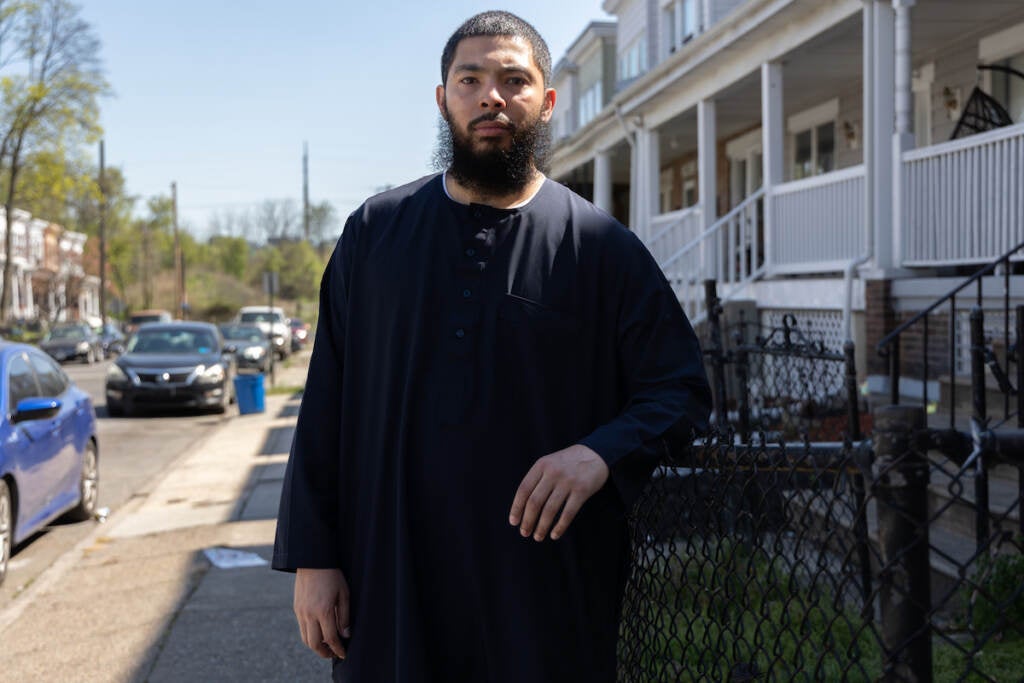
Bracing for a ‘cram down’
Vincent Buccola, a finance law professor at the University of Pennsylvania’s Wharton School of Business, said the basic theory of bankruptcy is that there aren’t enough assets to go around.
“That’s just sort of how the system operates. Someone’s going to bear losses — probably a lot of people are going to bear losses,” Buccola said.
Buccola said that while a municipality is configuring a restructuring plan, some creditors can argue about whether the plan discriminates against someone unfairly.
But if one class of creditors votes in favor of it, this initiates a cram down. A cram down is when a bankruptcy judge is allowed to forcibly approve a plan despite objections, as long as no one is unfairly discriminated against.
“We have seen in past municipal bankruptcies and unsurprisingly, we’ve seen plans of adjustment that in fact treat similarly situated creditors, meaning unsecured creditors, in wildly divergent ways,” Buccola said.
Jacoby said bankruptcy law and civil rights law are not speaking to each other. Because of that, Jacoby believes people should keep an eye out for Chester’s restructuring plan and what it says about civil rights claimants.
“I know these cases can get really complicated in their details, but those details end up mattering a lot for the rights of people who say they’ve been harmed by the government and they should have their voices heard to be able to ask for better treatment than that,” Jacoby said.
WHYY is your source for fact-based, in-depth journalism and information. As a nonprofit organization, we rely on financial support from readers like you. Please give today.



